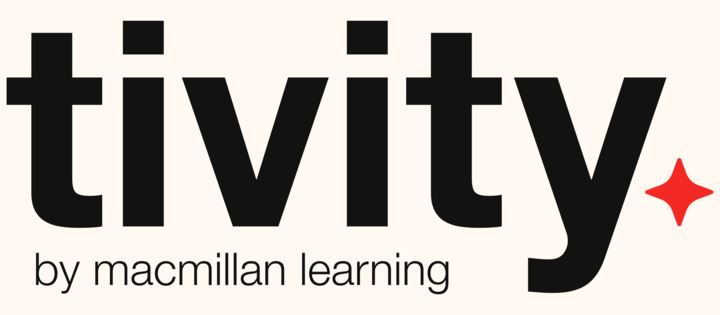Find what you need to succeed.
Texts and digital tools for the classroom
Achieve
-
1
Step One
Enter the course ID provided by your instructor to find your course
-
2
Step Two
Select your purchase option and complete checkout.
-
3
Step Three
Once you check out, you'll receive an email with a link to your course. (You can also find the link under My Account.)
LaunchPad
-
1
Step One
Search for your product by title.
-
2
Step Two
Select the LaunchPad option from the product page. You'll be prompted to search for your school and choose your course.
-
3
Step Three
Select your purchase option and complete checkout.Once you check out, you'll receive an email with a link to your course.(You can also find the link under My Account.)
Sapling
-
1
Step One
Search for your school and select your course
-
2
Step Two
Select your purchase option and complete checkout
-
3
Step Three
Once you checkout, you will receive an email with link to your course. You will also see the link under My Account.

Introducing Tivity by Macmillan Learning
A new app to help you stay on track with school and life.
Tivity is a smart companion for everyday life that helps you take control of your time, manage schoolwork, and find balance in life. Powered by AI, Tivity integrates with Canvas to automatically generate a task list each day so you complete required work—making time management less stressful.
Now available to students for free on the Apple App Store.
Get Tivity today United States
United States
